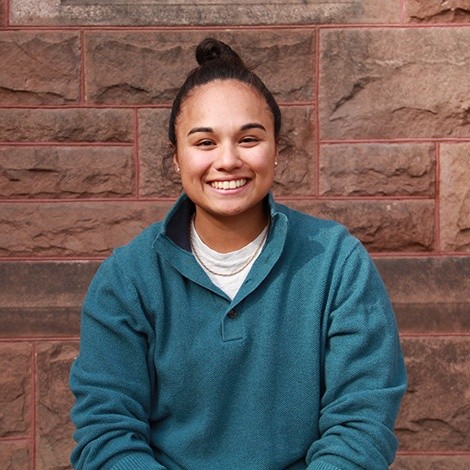Educational Policy and Practice
Undergraduate
The Nexus in Educational Policy and Practice is intended to provide you with an opportunity to conduct a cross-disciplinary exploration of an education-related topic.
Program Overview
The multidisciplinary nature of the Nexus offers varied perspectives on contemporary contexts and historical moments that shape and define knowledge, behavior, structures, organizations, and policies both in and out of educational settings. Examples of these varied perspectives include Education: Policy and Politics; Philosophy and the Child; International Education; Women, Leadership and Higher Education; Education, Health, and Sports Pedagogy; Education and the Arts; Environmental Education.



